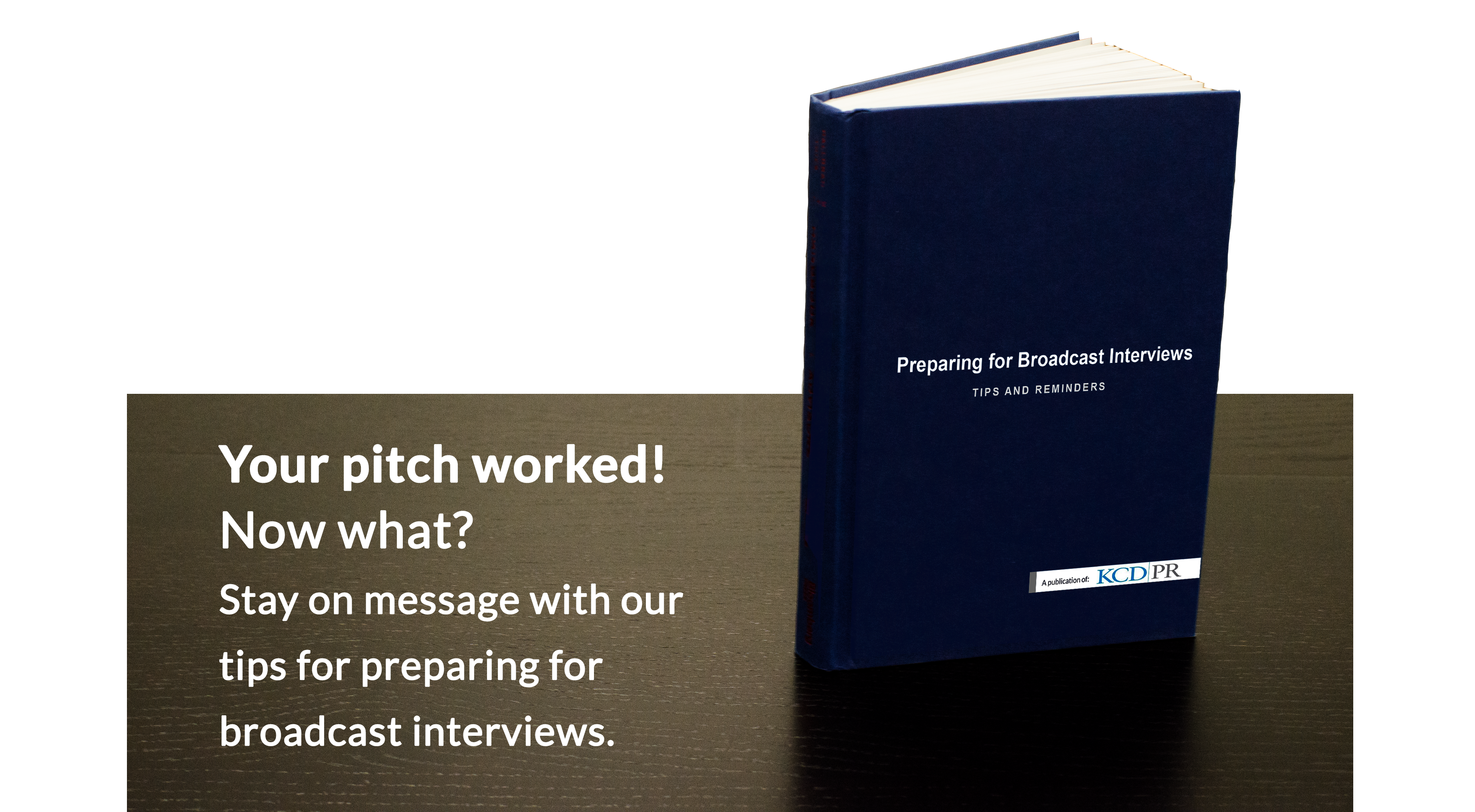Image via zastavki.com
While the definition of public relations continues to expand and new tactics are adopted to keep up with technology in the digital age (think inbound marketing, blogging, social media, etc.), media relations will always remain a core component of a successful PR campaign. At the end of the day, clients hire us for our ability to secure media coverage on their behalf and to help effectively communicate their value proposition to the marketplace.
As anyone who works in PR can attest, media relations is not an exact science. It is a skill that is developed over time and to truly be successful in working with members of the media, you must be able to learn from your mistakes. Here are five media relations tips to consider before you begin reaching out to reporters:
Do Your Homework – It is incredibly important to spend some time researching the reporters you plan to reach out to before you send them your news. Reporters cover specific areas or “beats” and finding those who would have an interest in covering your news is a key first step. If you are a financial advisor and got a call about fixing someone’s roof, chances are pretty good you won’t be of much help to that person, right? The same holds true for reporters in terms of their areas of focus.
Connect on Social Media – So how do you go about researching what a specific reporter typically covers? Social media is a great place to increase brand awareness. Many reporters are active on Twitter, so following their feeds is a great way to get a sense of what’s important to them. In addition, more and more reporters are turning to Twitter to break news and share their stories, so this is a great tool to stay on top of current events and join the conversation. In some cases, you may also want to consider LinkedIn as a way to learn more about the reporter and establish a connection before you reach out.
Fine-Tune Your Pitch. Then Do It Again – You also need to make sure you are conveying your news in the right way. The vast majority of reporters prefer to be “pitched” via email and they receive hundreds of pitches each day, so it’s important to make sure yours stands out. Use a catchy, but concise subject line and keep your email honest and simple – avoid buzzwords and get straight to the point. This is also a great time to show that you have done your homework by connecting your news to the reporter’s beat and target audience. Once you think your pitch is ready to send, review it one more time and remove the unnecessary information. Again, you want to keep it straight forward. Click here for more on how to create an effective pitch.
Avoid the Robo-Pitch – It’s important to remember that reporters are busy people and they have a job to do, just like you. Your goal should be to try to make their job easier, so this is where knowing their beat and creating a concise, compelling pitch comes into play. [Tweet “No reporter wants to be one of several hundred contacts on a mass email with a news release.”] This is an ineffective way of conveying your news. Trust us. Reporters don’t want to receive a mass email any more than you do, so think of ways to add a personal touch.
It’s All About Relationships – Ultimately, media relations success comes down to relationships. The best PR people find ways to become resources for reporters and connect them with individuals who can add insight to the stories on which they are working. To be successful, you must think beyond just getting your news covered. Once you begin to establish a rapport with reporters, you will have a much greater chance of them considering your pitches down the road.
Don’t Get Discouraged – Lastly, you must be willing to get back on the horse. When it comes to media relations, you are going to hear many more no’s than you are yeses. You can’t take it personally. If a reporter isn’t interested in what you are pitching, offer to help provide a resource for another story they have in the works. You have to learn from your mistakes, continue to hone your craft and keep plugging away.
While much of what gets covered on a daily basis is inherently newsworthy or determined by the days’ events, reporters also rely on news tips and information from others, and we’re not just talking about PR folks here, either. The ability to deliver a great pitch can go a long way when it comes to sharing your news. With these five media relations tips in your arsenal, you’ll increase brand awareness by being well-positioned for public relations success.






